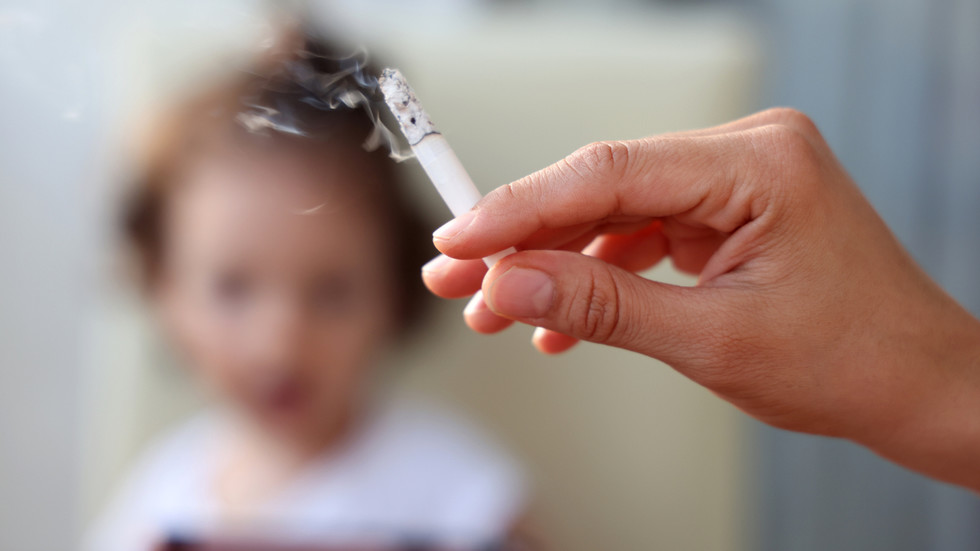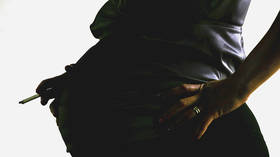
New Zealand has prohibited the selling of tobacco products to people born after January 2009

© Getty Images / tolgart
A bill that bans those currently aged 14 or under from ever buying tobacco has been approved by New Zealand’s parliament. The move comes as part of the nation’s campaign to phase out smoking in just three years.
The new law, which was passed by the legislature on Tuesday, prohibits ever selling smoking tobacco products to anyone born on or after January 1, 2009. Violations will be punishable by a fine of up to 150,000 New Zealand dollars ($140,000).
The idea behind the law is to steadily increase the minimum age for purchasing cigarettes. The new restrictions do not apply to vaping, however.
The measure also introduces severe cuts to the number of retail stores that can sell tobacco, scaling it back tenfold from around 6,000 to 600, and also decreases the amount of nicotine legally allowed in tobacco products.

Read more
New Zealand’s MPs voted along party lines, passing the legislation 76 to 43. The law will enter into force in 2023.
Commenting on the bill, Associate Minister of Health Ayesha Verrall said that “thousands of people will live longer, healthier lives.” She added that the health system would be able to save several billions of dollars on treating illnesses caused by smoking, including some types of cancer and heart attacks.
Some of the legislation’s critics pointed out that so many stores no longer being able to sell tobacco would be bad for business.
Brooke van Velden, the deputy leader of the libertarian party ACT, which opposed the bill, described it as “bad policy.” She argued that the law would create a large black market, adding that prohibition has never worked and has always spurred unintended consequences.
The new law comes as New Zealand’s government intends to make the country “smoke-free” by 2025. The goal is that by this time fewer than 5% of the population will be smokers.
The nation’s Ministry of Health released data in November showing that only 8% of adults were daily smokers, down from 9.4% the previous year. The ministry noted significant disparities in smoking rates among different ethnic groups, with almost 20% of Maori smoking daily. The most “marked inequities,” however, related to socioeconomic status, with adults living in the least prosperous areas 4.3 times more likely to be daily smokers.




